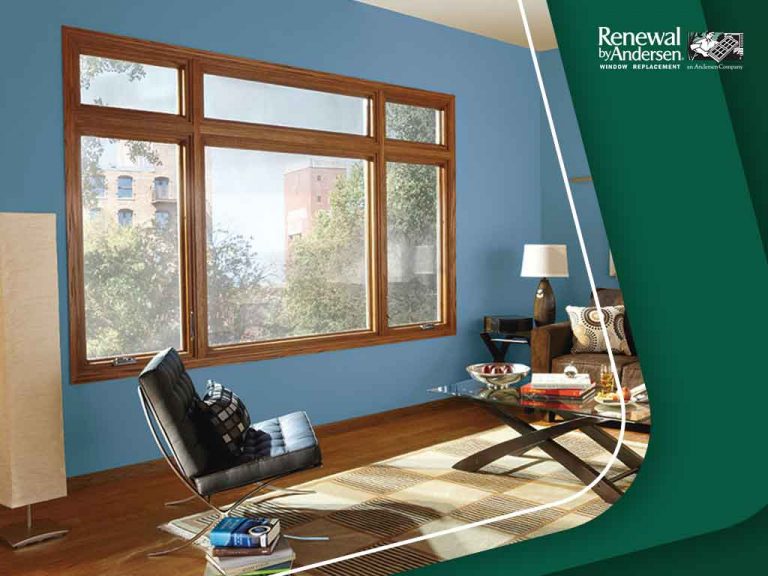

The Solar Heat Gain Coefficient (SHGC) is one of the most important energy performance ratings to look for when buying windows. It measures how much infrared light from the sun can pass through the unit. The measurement is as expressed as a number ranging from 0 to 1. The lower the rating means the less amount of solar heat is absorbed and transferred indoors by the window.

To help you compare the energy efficiency of replacement windows using SHGC, Renewal by Andersen® of San Francisco shares some interesting facts about it:
It Measures Whole-Window Performance
The National Fenestration Rating Council (NFRC) – the authority on energy performance ratings in America – measures SHGC using the entire window. Although most of the solar heat trying to enter your home comes through the glass, non-glass components transmit some of it, too. Because the effects of the frame are also incorporated, NFRC’s SHGC ratings are reliable guide.
It Is Married to U-factor
SHGC works hand in hand with U-factor, which measures the insulating quality of the product. Ranging from 0.20 to 1.20, the lower the U-factor rating, the better the unit at keeping indoor heat from getting out. Together, they represent the thermal properties of replacement windows.
The optimum combination of U-factor and SHGC vary from location to location. In San Francisco zip codes, the highest U-factor and SHGC ratings windows must have are 0.30 and 0.40, respectively, for maximum energy efficiency.
It Affects Daylight Transmittance
If there’s a downside to a low SHGC, any windows replacement specialist would admit that it’s decreased visible light transmittance. Energy-efficient products tend to block some of the sunshine along with the solar heat. Fortunately, trusted brands like Renewal by Andersen have developed units that offer a healthy balance among thermal insulation, infrared light reflectivity and daylight transfer.
Renewal by Andersen of San Francisco’s windows are available in different glass packages to meet unique energy efficiency goals. Schedule your no-obligation consultation with us to learn about the exceptional ratings of our glazing options. Call us at (866) 609-5033 to get your free estimate in San Francisco, CA, or any nearby community.